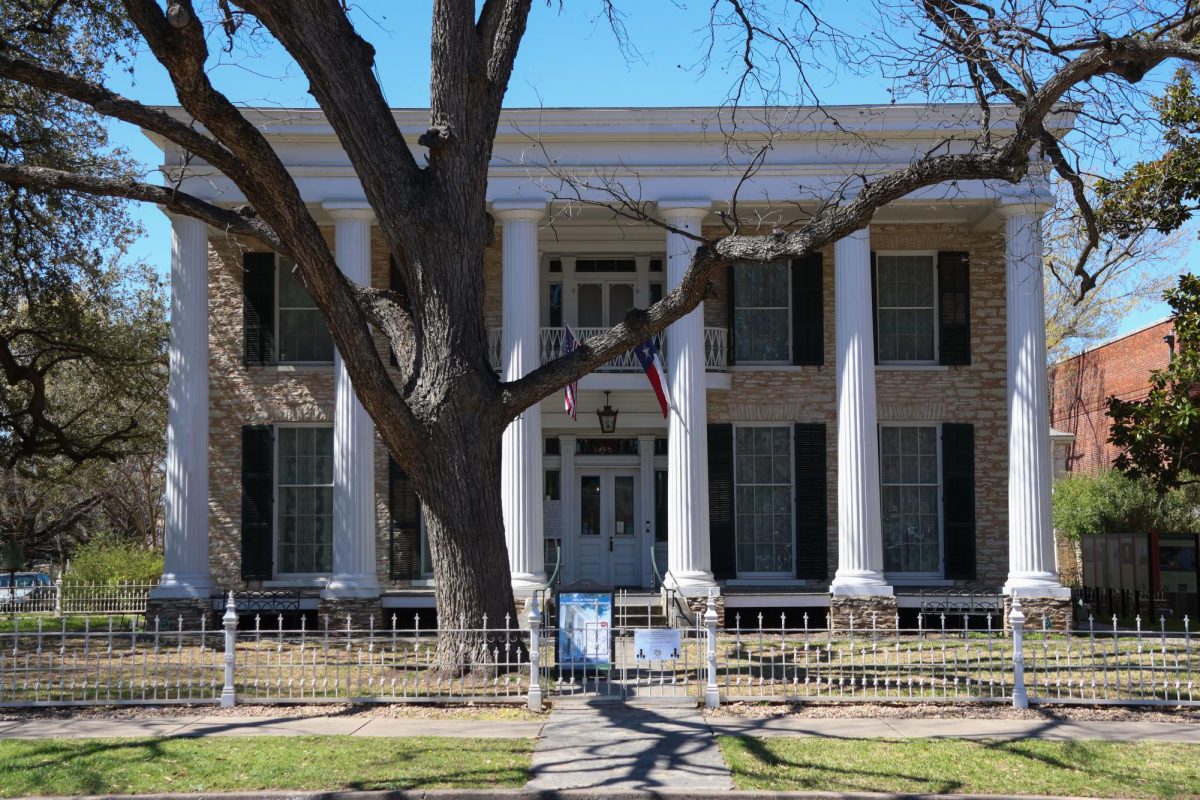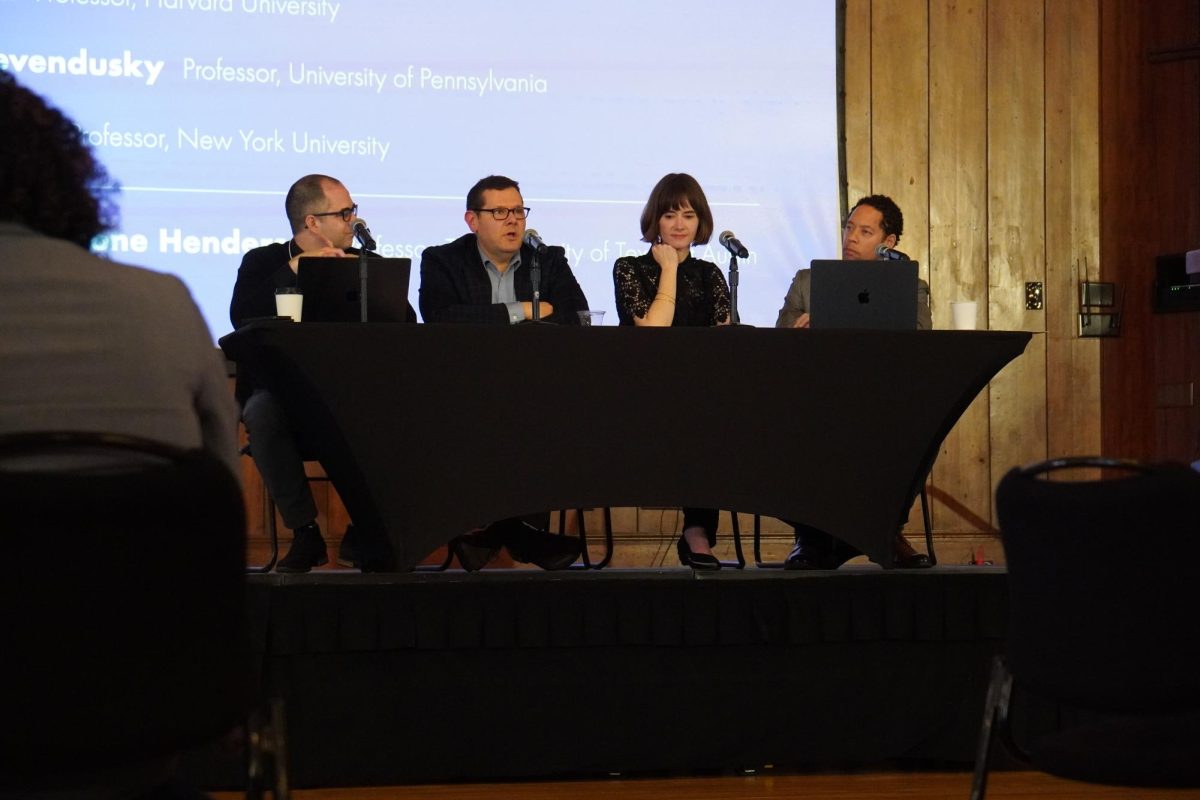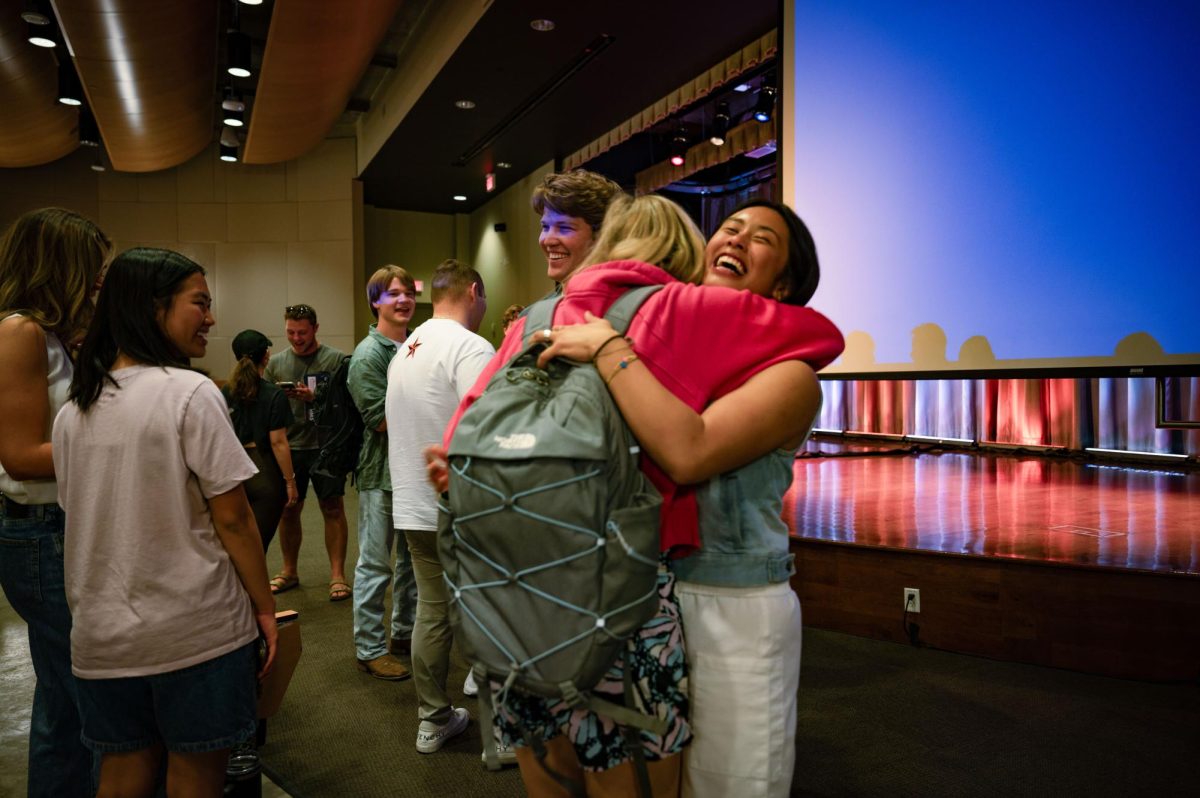UT Police Department Chief David Carter said he views the University as a medium-sized city, which has a daytime population that can swell to 80,000 people. When the school’s enrollment shrinks by tens of thousands of students during the summer, certain aspects of policing that population change.
Captain Gonzalo Gonzalez said that while the department gets fewer calls during the summer, activity does not go down. Instead of responding to calls, officers are more free to patrol.
“(During the summer) we do more patrolling, so a lot of our activity tends to be self-initiated,” Gonzalez said. “(The officers are) able to generate more activity on their own versus having to respond to calls.”
Gonzalez also said there are fewer events like football or basketball games where the department is required to provide security, freeing up time for officers to patrol.
Despite these differences, Carter said the department remains committed to the same objectives throughout the summer as during the year.
“UTPD is a year-round police department, we’re a full-service police department,” Carter said. “In terms of the off-campus patrols, the expectation is the same. We don’t want to overly reduce our footprint so people think there’s nobody here.”
Carter said that while overall traffic on campus is slower, the other areas UTPD serves, such as West Campus, remain active throughout the summer.
Lieutenant Jose Peña has been with the department 26 years and said summers used to be much less active.
“During the first 10, 15 years, the summer was really dead,” Peña said. “Now, we’re doing more in West Campus, so really it’s always busy.”
Carter said part of that push into West Campus began about six months after he took over the department in 2013, when bicycle units started patrolling the area. Now, officers regularly patrol West Campus both on foot and in cars year-round.
Carter said the summer months allow officers time to take vacations and an opportunity for the department to regroup.
“When we get into the summer, that gives us an opportunity to somewhat regroup and refresh,” Carter said. “Training is a big part of that.”
All law enforcement officers in Texas have mandated recurring training cycles to keep up to date on things such as firearm qualification.
“Sometimes we have to put off some of that training to occur during the summer when it’s clearly slower on campus,” Carter said.
The department also conducts other training to keep up with the needs of the campus and surrounding areas, Carter said. Specifically, this summer 13 new officers are being trained, a boost that Carter said is much needed.
“We really needed the additional officers, based on the expansion of the department and based on the needs of the University,” Carter said. “I’m very pleased with our current cadre.”
Throughout the summer, these new officers will report to Police Training Officers, who will oversee their training during the next 16 weeks. By the fall, UTPD also plans to hire four lateral transfers, or officers who have previous law enforcement experience, as part of the chief’s push for more visibility.
“Regardless of the time of year, we maintain our posture to make sure that we’re visible and approachable,” Carter said.




















